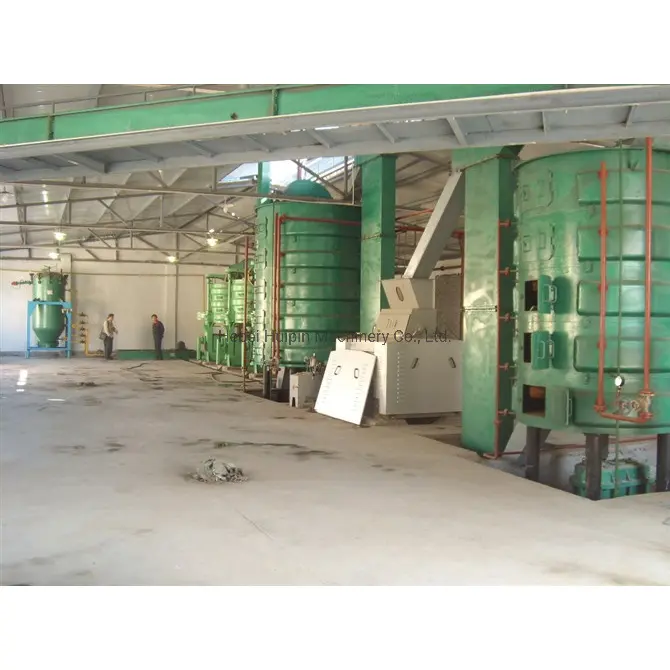Oct . 17, 2024 10:33 Back to list
Custom Refined Cooking Oil Production Unit for Quality Food Preparation
Custom Food Oil Refinement A Detailed Insight
In recent years, the food industry has witnessed a significant transformation, particularly in the realm of food oils. One area that stands out is the customization of food oil refinement processes, which cater to diverse consumer demands and preferences. Custom food oil refined units have emerged as a crucial component for businesses aiming to develop unique oil products that meet specific health standards, flavor profiles, and sustainability practices.
Understanding Food Oil Refinement
Food oil refinement is a process that involves cleaning, bleaching, and deodorizing crude oil extracted from various seeds, nuts, and fruits. The raw oils are often unpalatable and may contain impurities that can affect their safety and quality. The refinement process removes these unwanted components, making the oil suitable for consumption. Custom food oil refined units take this a step further by tailoring the refining process based on targeted specifications set forth by companies or market demands.
The Market Demand for Customization
As consumers become more health-conscious and environmentally aware, the demand for custom refined oils has surged. Today's consumers are looking for oils that not only taste good but also align with their dietary needs. Whether it’s for cooking, baking, or frying, the requirement for oils with lower saturated fats, enhanced shelf life, or specific flavor notes has driven manufacturers toward custom refinement practices.
Trends such as plant-based diets, gluten-free products, and organic certifications have paved the way for innovative oil refinement. Companies can now produce custom oil blends that can be tailored for specific dietary requirements, such as those needed for ketogenic or paleo diets. This capability gives businesses a competitive edge in a crowded market, allowing them to differentiate their products.
The Process of Custom Food Oil Refinement
1. Selection of Raw Materials The process begins with the careful selection of the raw materials used to produce oil. Factors such as seed origin, type, and organic versus non-organic designation play a critical role.
custom food oil refined unit

2. Pre-refining Treatment Prior to the actual refining process, the oil undergoes pre-treatments. This may include degumming to remove phospholipids, neutralizing to reduce acidity, and filtering out particulates.
3. Custom Refinement Techniques Depending on customer needs, various techniques can be employed. For example - Cold Pressing This method retains more nutrients and flavors but may yield less oil. - Chemical Refining While highly efficient, this method can lower the quality of the oil but is often favored for large-scale production due to its consistency. - Fractionation This technique separates components based on their melting points, allowing for the production of tailored oils for baking versus frying.
4. Quality Control Rigorous testing is conducted throughout the refinement process to ensure that the final product meets safety and quality standards. This includes testing for sensory attributes, nutritional composition, and chemical purity.
5. Packaging and Distribution Once refined, the custom oils are packaged in a manner that preserves their qualities and helps maintain their marketability. Sustainability in packaging also appeals to environmentally conscious consumers.
Benefits of Custom Food Oil Refined Units
Custom food oil refined units provide a myriad of advantages—both for producers and consumers. For manufacturers, these units allow for flexibility and adaptability in product offerings, enabling them to respond swiftly to changing market trends. They can create niche products that cater to specific culinary traditions or health-conscious lifestyles, giving them a strategic advantage.
Furthermore, from a consumer standpoint, customized oils offer tailored health benefits. Consumers can choose oils that fit their dietary restrictions, align with their nutritional goals, and satisfy their taste preferences. This personalization fosters loyalty and encourages repeat purchases.
Conclusion
The evolution of custom food oil refinement represents an essential shift in the food industry. As consumers continue to demand more from their food products, the ability to create custom refined oils will play a significant role in shaping the future landscape of culinary oils. Companies that embrace this model not only elevate their product offerings but also contribute to a more diverse and health-oriented food market. The journey of refining food oils has moved from a one-size-fits-all approach to a bespoke experience, and this trend is likely to persist as we move forward.
-
HP 120 Cold Oil Press-Hebei Huipin Machinery|Oil Extraction, Cold Press
NewsAug.07,2025
-
HP 120 Model Cold Oil Press-Hebei Huipin Machinery|Cold Oil Extraction, High Efficiency
NewsAug.07,2025
-
HP 120 Model Cold Oil Press - High-Efficiency Oil Extraction&Automated Processing
NewsAug.07,2025
-
Safflower Oil Press Service | Expert & Efficient Solutions
NewsAug.07,2025
-
HP 120 Model Cold Oil Press - Hebei Huipin Machinery | Advanced Oil Extraction Technology
NewsAug.06,2025
-
HP 120 Cold Oil Press-Hebei Huipin Machinery|Cold Pressing, Oil Extraction
NewsAug.06,2025
